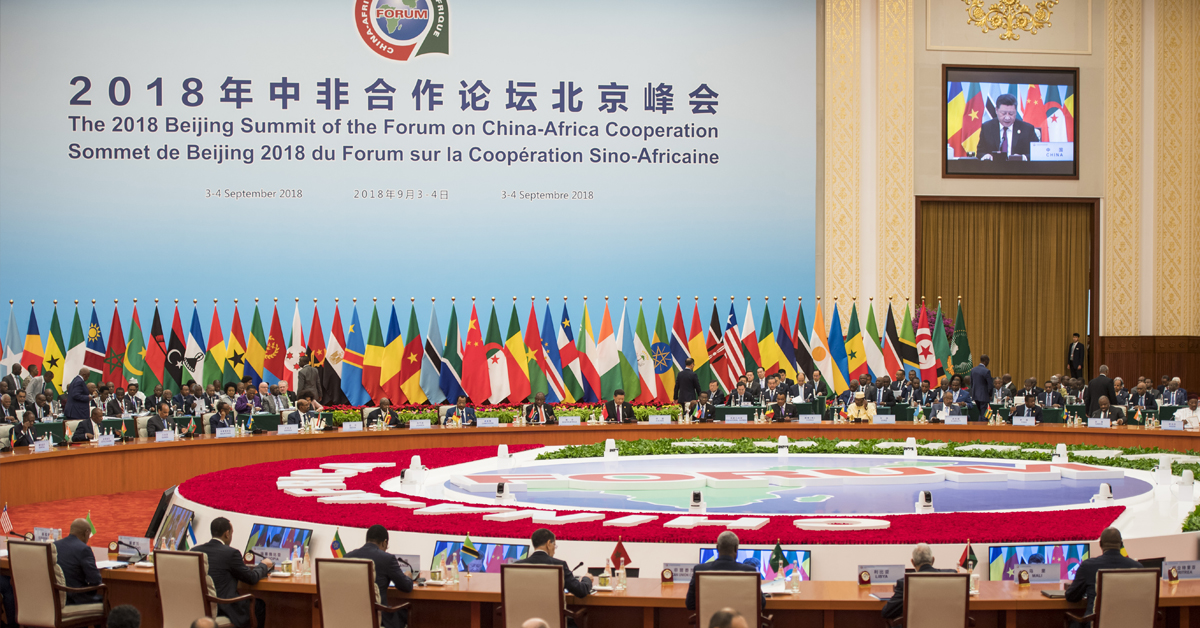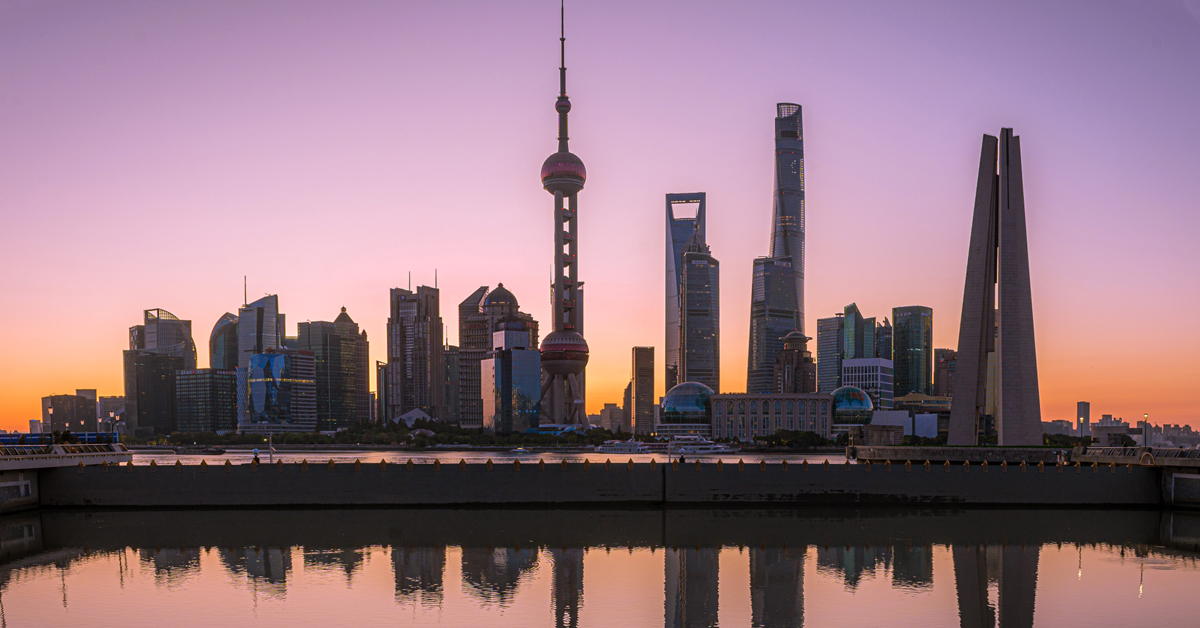This was published by the China-Global South Project on 29 April 2022. China Foresight is affiliated with the China-Global South Project and regularly provides opinion pieces for the weekly IDEAS China-Global South newsletter. Click here to subscribe to the newsletter.
For nearly two years, China’s COVID strategy has been at the centre of Beijing’s public health diplomacy, being regarded as uniquely successful at keeping case numbers close to zero. However, over the past few months, fears that an unsustainable zero-COVID was in effect a ticking time bomb re-emerged as Hong Kong suffered a wave of COVID infections. The latest wave of COVID-19 has since spread to the mainland, seeing a dramatic rise of Omicron cases in Shanghai.
The city has quickly emerged as the front line of China’s quest to maintain its zero-tolerance approach. As Shanghai-based Pippa Morgan wrote on our China Dialogues platform this week, with practically all factories and stores closed under harsh lockdown restrictions, Shanghai residents have struggled to secure basic supplies all while living in fear of being sent to the city’s ‘fangcang’ – quarantine centres for those who tested positive. With all these headlines coming out of Shanghai, we couldn’t help but wonder how the city’s COVID-19 debacle may affect Beijing’s much-touted vaccine diplomacy and its role in framing China as a global leader in public health?
In 2020 and 2021 China led a number of bilateral and multilateral public health exchanges. The provision of advice, personal protective equipment (PPE), and vaccines to participating countries and institutions were likely aimed at presenting China as the partner of choice in fighting the pandemic, all while supporting China’s status as a responsible major power that is capable and willing to provide global public (health) goods.
Bridge Consulting estimates that China has delivered 1.57 billion doses of CoronaVac or Sinopharm to other countries, the vast majority sold rather than donated. China’s provision of vaccines was a large focus at FOCAC in November, where Xi Jinping promised 1 billion vaccines to African countries. China-aided vaccines to Africa will “cross mountains and rivers and outpace the virus” declared Wang Yi in Dakar. Much of Latin America and Southeast Asia have also relied on Chinese vaccines.
The reduced efficacy of these vaccines compared to mRNA vaccines, particularly when only one dose has been administered, is one of the reasons why Omicron is spreading in Shanghai. More important seems to be the low vaccination rates amongst Shanghai’s elderly. But the severity of the outbreak is difficult to gauge given China’s lack of transparency over death rates – this data is important for countries that have bet on China’s vaccines.
Nevertheless, the vaccines China has provided to Global South countries have offered a degree of protection – particularly against severe cases – when there were few alternatives. They have undoubtedly saved many lives. And China is far from the only major country to have mishandled the pandemic. But China had previously marketed its management of COVID as exceptional – this narrative increasingly does not stand up and the goodwill China cultivated through its vaccine diplomacy may now be tempered.
Shanghai’s phenomenal transformation into a global metropolis is often paraded as a symbol of modernity and China’s economic transformation. But while dog-like robots and humming drones reminding Shanghai residents of anti-COVID measures may seem futuristic, China’s ongoing difficulties in stemming the latest wave of COVID-19 compounded by local mismanagement leave us in doubt as to whether China will be able to use dynamic-zero as a source of soft power in the months to come.
This article gives the views of the authors, and not the position of the China Foresight Forum, LSE IDEAS, nor The London School of Economics and Political Science.
The blog image, “COVID-19 temporary vaccine site at Nanjing E. Rd., Shanghai“, is licensed under CC BY-SA 2.0.





